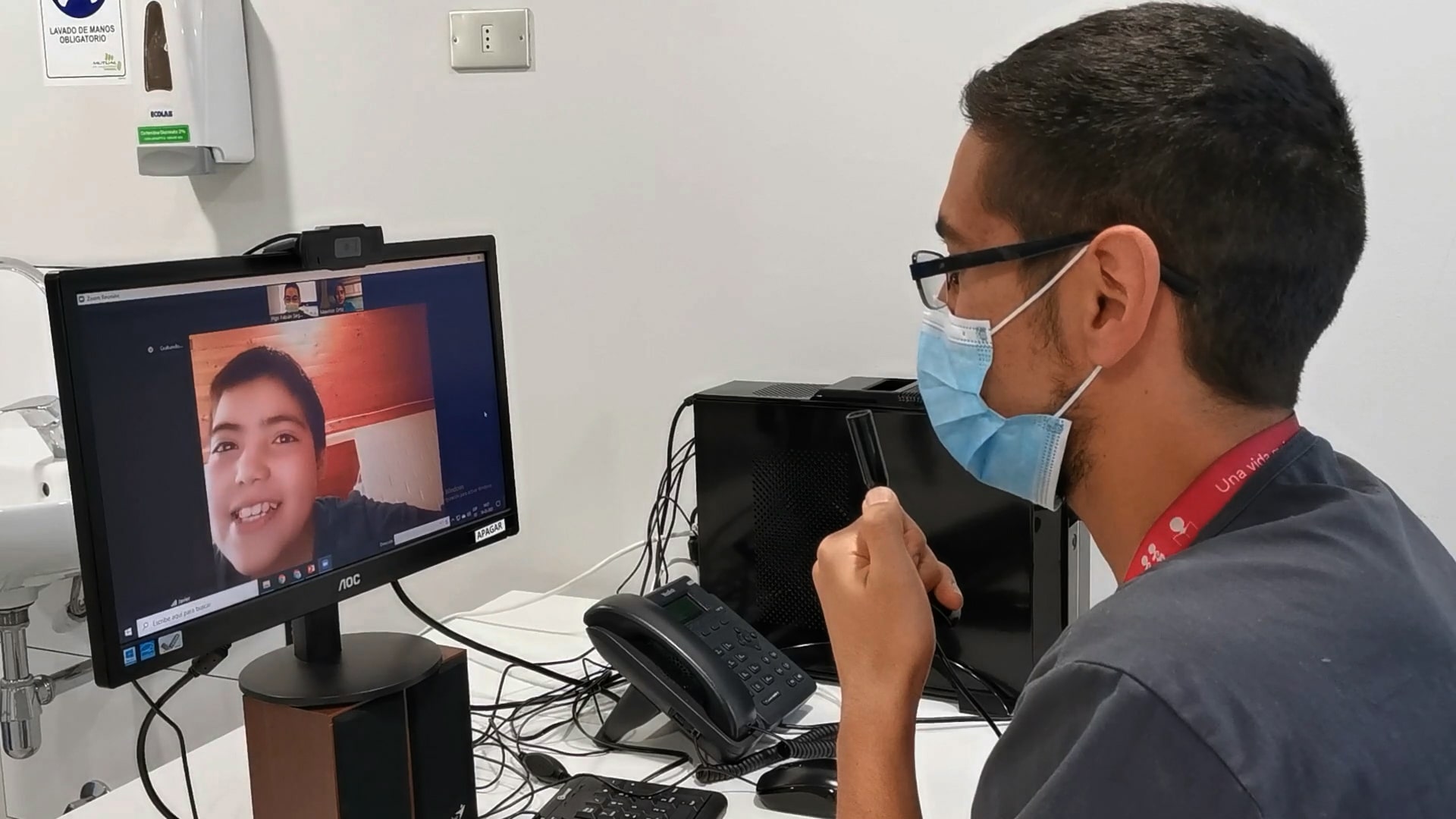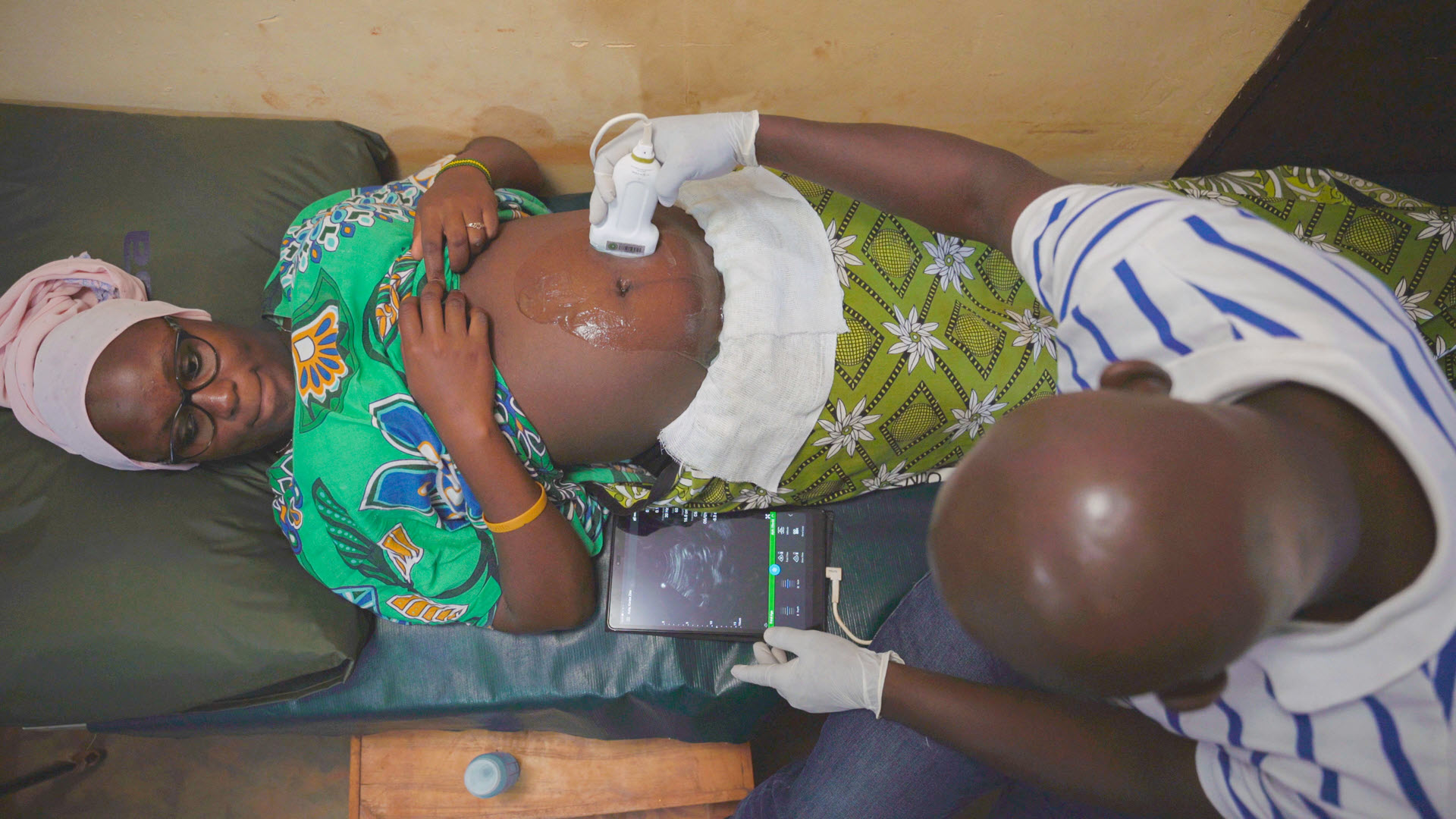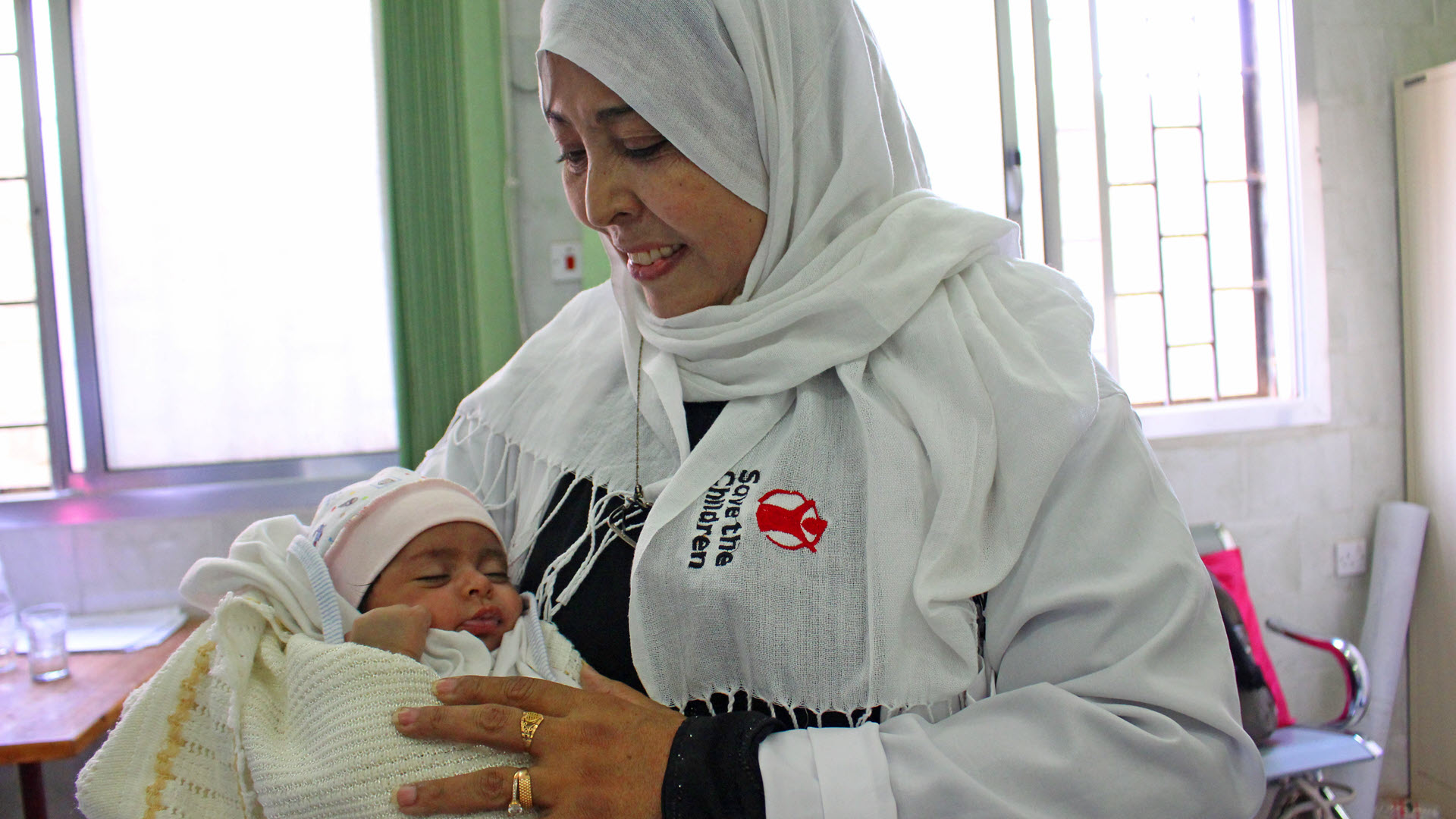With the onset of the COVID-19 pandemic in Chile, the Nuestros Hijos Foundation had to adapt their program to continue delivering their services to cancer patients with a higher immune risk than the average population. These services include maintaining rehabilitation therapies, which play a vital role in treating the disease, its long-term effects, and the reintegration of children into society.
The current pandemic precipitated the project that was already in the plans of the Nuestros Hijos Foundation, in the form of a children’s oncology tele-rehabilitation program. The program has been very successful because it has allowed parents to be closely involved in the work of the therapists. And being able to closely monitor the prognosis of their children's disease, parental support during life-changing moments can be important.
“With this project, we hope to make a significant impact by making meaningful technology available to children in remote areas and reach sectors that currently have no access to this type of technology due to the pandemic, and bring about a change in healthcare, said Pablo Norese, Country Leader at Philips Chile. “Tele-rehabilitation is a concrete solution that will allow us to move forward and better prepare the country for future crises.”
Marcela Zubieta, president of the Nuestros Hijos Foundation (FNH), noted that “these programs will impact 75% of children with cancer in Chile, helping the FNH to provide them with continued comprehensive support in an effort to increase their life expectancy, improve their well-being and thus reduce the psychosocial impact of the disease on both children and their families.”
Last year, FNH’s cancer rehabilitation center served more than 190 children and adolescents, and an additional 150 are expected to benefit from this project. Tele-rehabilitation will also make a difference for patients from other regions of the country who often have to travel to Santiago for their treatments.








